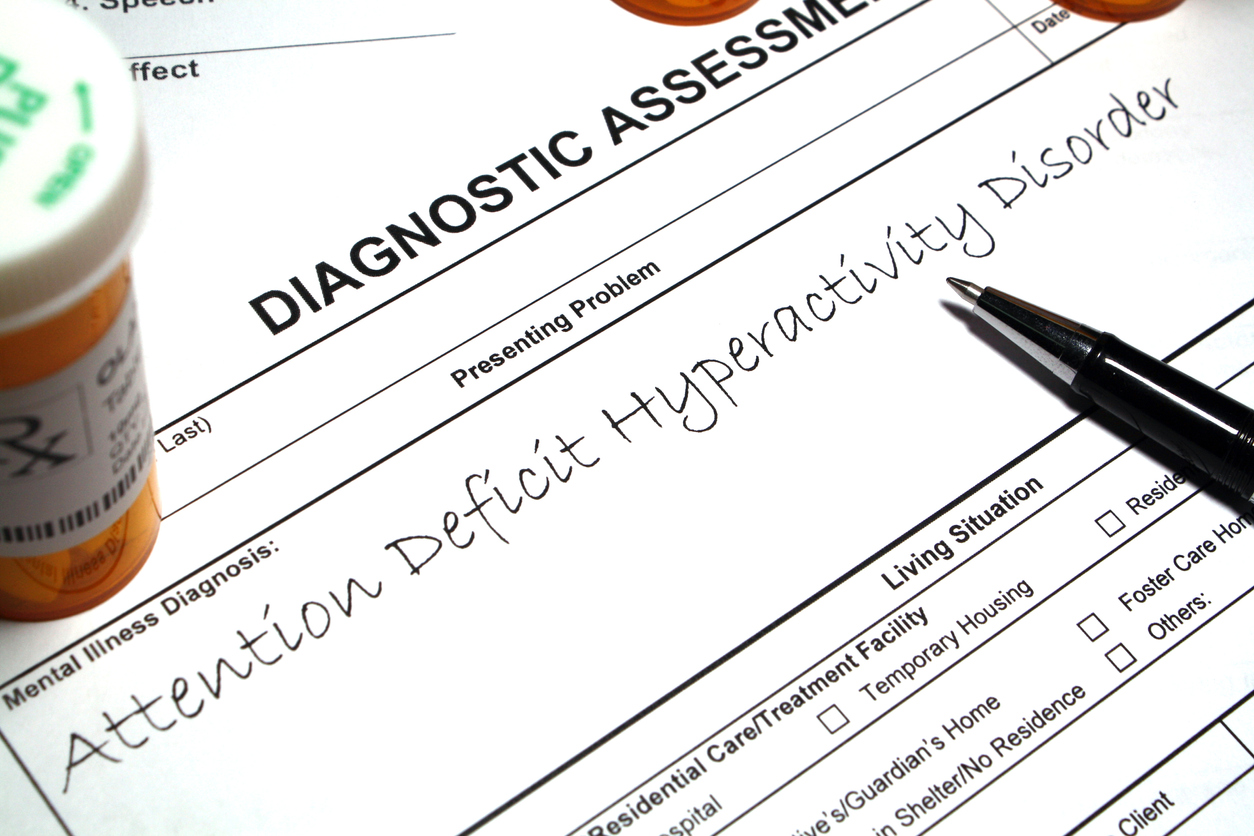New research from Harvard University suggests that being the youngest in the class may increase a child’s odds of being diagnosed with attention deficit hyperactivity disorder (ADHD).
Researchers looked at data from an insurance database focusing on more than 400,000 children across the U.S. and found that the younger kids in a classroom had a 30 percent higher chance of being diagnosed with ADHD.
If a child was born in August and Sept. 1 is the cutoff in a school district, that child could see a big age gap compared to other students in the class, according to the study. However, the study begs the question, do these kids really have the disorder or are they just immature?
Timothy Layton, an author of the study, says that not taking age into consideration when diagnosing for ADHD could lead to overdiagnosis and overtreatment.
“Physicians should take into account a child’s age relative to their peers. Behavior that is normal for a child’s age may appear anomalous when compared to older peers,” Layton urges.
The study also points out that misdiagnosing a child with ADHD doesn’t change their risk of actually developing it.
The study also found younger students are more likely to be put on ADHD medication as well. For every 100,000 students born in August, 53 received ADHD medication, compared to the 40 out of 100,000 students who were born in September.
While long-term effects of ADHD medications on young brains have not been well studied, side effects of ADHD medication can include poor appetite, lack of sleep, irritability and slowed growth, reports the Washington Post.
The CDC issued a warning to parents in 2016, recommending they try behavior therapy for their children before putting them on medication.
On the other hand, untreated ADHD can lead to difficulties as well, such as academic problems and an increased risk of physical injury.
“As children grow older, small differences in age equalize and dissipate over time, but behaviorally speaking, the difference between a 6-year-old and a 7-year-old could be quite pronounced,” said Anupam Jena, another author of the study.
Stephen Hinshaw, a clinical and developmental psychologist at the University of California at Berkeley, believes there are issues with how ADHD is diagnosed. One issue, he says, is that the pediatricians who diagnose kids may not have specialized training on ADHD.
“The big thing here is awareness. If you’re a parent concerned your child may have ADHD, you might reasonably ask if your 5-year-old should be put on medication or if he just needs six extra months to mature and catch up with the other kids,” Jena said.













